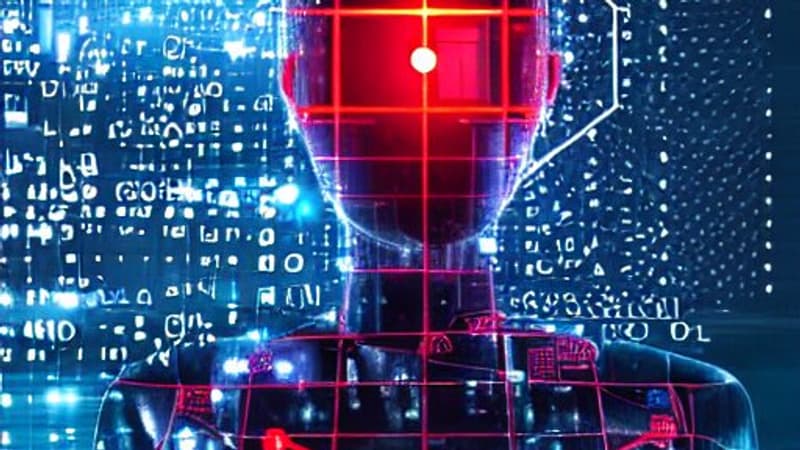Two complaints, revealed by the L’Informé site, were filed against ChatGPT on April 4 before the Cnil, the French personal data police. The first comes from the lawyer Zoé Villain, president of the Janus International awareness-raising association on digital issues.
In her complaint consulted by AFP, Zoé Villain explains that she created an account on the OpenAI site, the Californian company behind the software, to use ChatGPT and pointed out the absence of “general conditions of ‘use’ to accept and “any privacy policy”. “.
She requests the Cnil to help her exercise her right of access to her personal information collected by OpenAI, after a failed attempt made with the company.
A second complaint was filed by David Libeau, a developer very committed to the protection of personal data. He explains in his complaint that he identified personal information about him by questioning ChatGPT on his profile.
Possible breach of the GDPR
Generative artificial intelligence, a technology used by ChatGPT to generate responses and which has been trained on gigantic corpus of texts pulled from the Internet, tends to invent certain facts, by its designers’ own admission.
According to David Libeau, this contravenes Article 5 of the European Personal Data Regulation (GDPR), according to which information about individuals must be accurate and any data processing must be fair.
Last Friday, Italy became the first country to temporarily block ChatGPT, due in particular to fears about the security of personal data, the absence of an information note for users and the absence of a filter to verify the age of the users.
Since then, other European authorities, including those from France, Ireland or Germany, have approached their Italian counterpart to establish a common position on ChatGPT. On Tuesday, Canada’s Office of the Privacy Commissioner announced that it was opening an investigation into OpenAI, including into personal information.
Generative AI is also the subject of complaints from artists and press photographers who want to be able to accept or reject their works being used for model training.
Source: BFM TV


